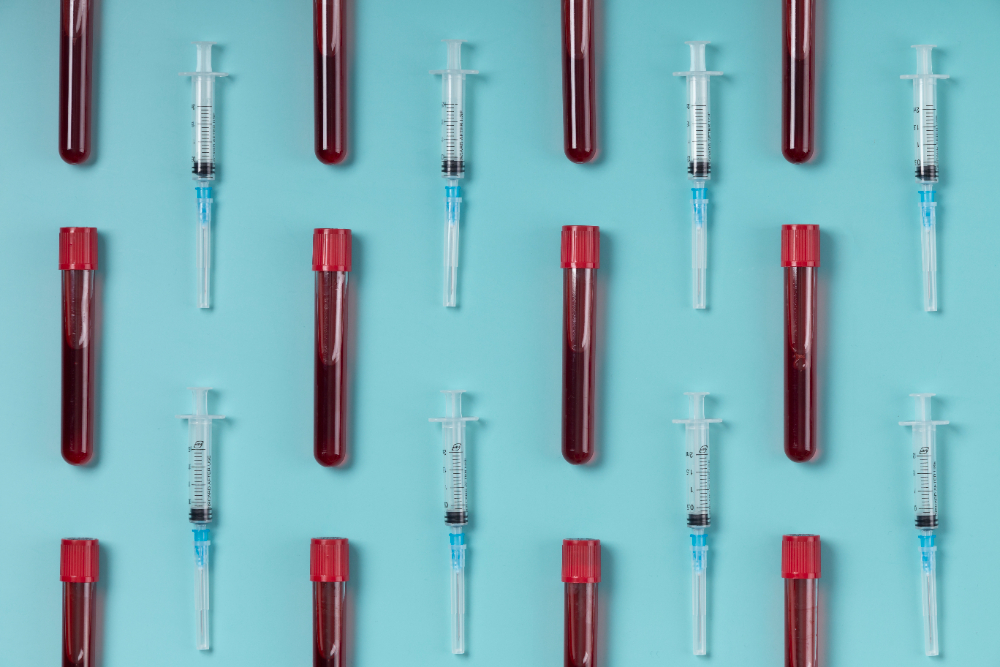
Blood tests are diagnostic procedures that analyze a sample of blood to assess various health conditions, detect diseases, and monitor the body’s overall functioning. Blood tests can provide essential information about organs, tissues, and systems, allowing healthcare providers to diagnose illnesses, track the progress of treatment, and evaluate general health.
There are several types of blood tests, each designed to check for specific health conditions, including:
Blood tests are a crucial tool for detecting health conditions early, before symptoms appear. Regular blood tests can help identify risk factors, monitor ongoing treatments, and provide a comprehensive picture of an individual’s health status. They help doctors make accurate diagnoses, prevent complications, and recommend effective treatment plans.
Blood tests are generally safe and minimally invasive. A healthcare professional typically draws a small amount of blood from a vein in the arm. While the procedure is quick and well-tolerated, some patients may experience mild discomfort or bruising at the site of the blood draw. The risks associated with blood tests are minimal and rarely lead to serious complications.